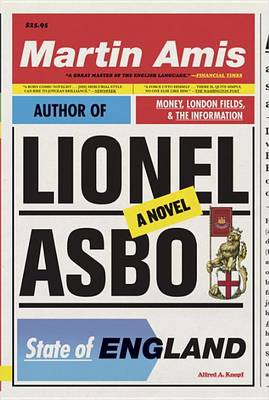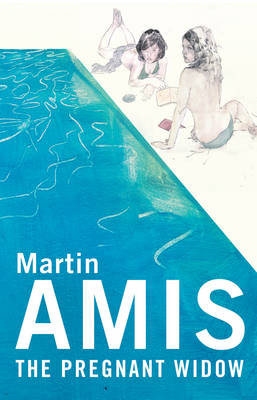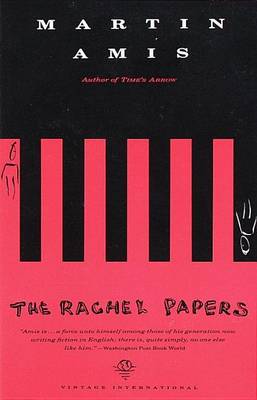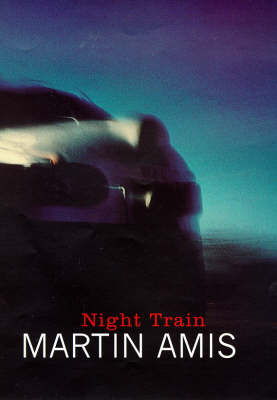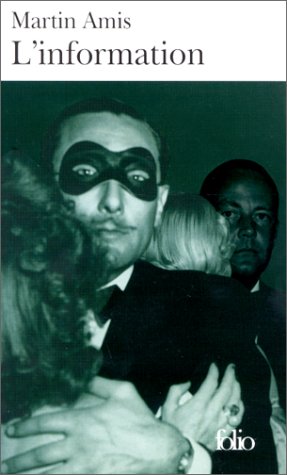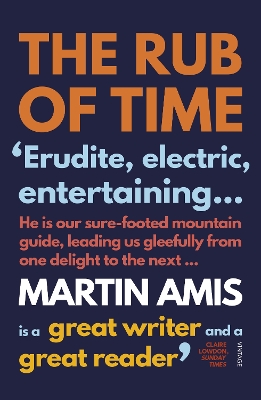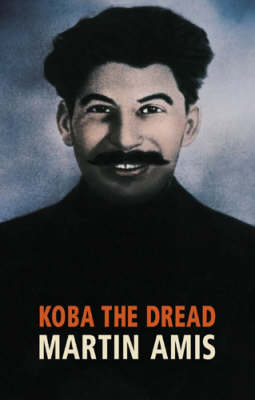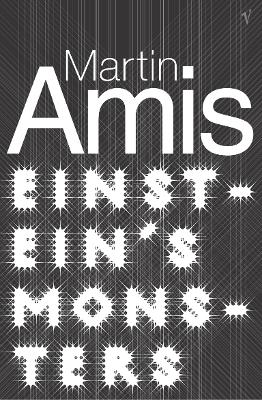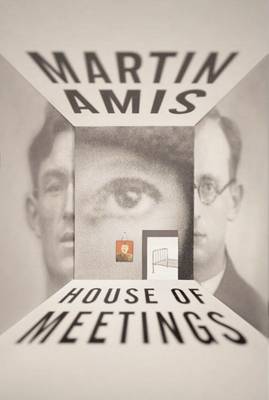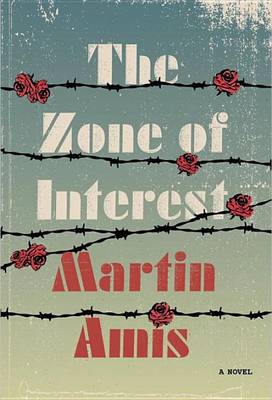Vintage International
20 total works
Lionel Asbo has just won GBP139,999,999.50 on the Lottery.
A horribly violent, but horribly unsuccessful criminal, Lionel's attentions up to now have all been on his nephew, Desmond Pepperdine. He showers him with fatherly advice ('carry a knife') and introduces Des to the joys of internet porn. Meanwhile, Des desires nothing more than books, a girl to love and to steer clear Uncle Li's psychotic pitbulls, Joe and Jeff.
But Lionel's winnings are not necessarily all good news. For Des has a secret, and its discovery could unleash his uncle's implacable vengeance.
'One of Amis's funniest novels' New Yorker
'A book that looks at us, laughs at us, looks at us harder, closer, and laughs at us harder and still more savagely' Observer
Summer 1970 - a long, hot summer. In a castle in Italy, half a dozen young lives are afloat on the sea of change, trapped inside the history of the sexual revolution. The girls are acting like boys, and the boys are going on acting like boys, and Keith Nearing - twenty years old, a literature student all clogged up with the English novel - is struggling to twist feminism and the rise of women towards his own ends.
The sexual revolution may have been a velvet revolution (in at least two senses), but it wasn't bloodless - and now, in the twenty-first century, the year 1970 finally catches up with Keith Nearing.
The Pregnant Widow is a comedy of manners and a nightmare, brilliant, haunting and gloriously risqué. It is the most eagerly anticipated novel of the year and Martin Amis at his fearless best.
In this wickedly delightful collection of stories, Martin Amis once again demonstrates why he is a modern master of the form. In "Career Move," screenwriters struggle for their art, while poets are the darlings of Hollywood. In "Straight Fiction," the love that dare not speak its name calls out to the hero when he encounters a forbidden object of desire--the opposite sex. And in "State of England," Mal, a former "minder to the superstars," discovers how to live in a country where "class and race and gender were supposedly gone."
In Heavy Water and Other Stories, Amis astonishes us with the vast range of his talent, establishing that he is one of the most versatile and gifted writers of his generation.
Inevitably, too, the memoir records the changing literary scene in Britain and the United States, with many anecdotes and pen-portraits. The result is a remarkable work of autobiography - profound, witty,and ruthlessly honest. As a writer's self-portrait, it is destined to become a classic.
Of all the great novelists writing today, none shows the same gift as Martin Amis for writing non-fiction – his essays, literary criticism and journalism are justly acclaimed.
The Rub of Time comprises superb critical pieces on Amis’s heroes Nabokov, Bellow and Larkin to brilliantly funny ruminations on sport, Las Vegas, John Travolta and the pornography industry. The collection includes his essay on Princess Diana and a tribute to his great friend Christopher Hitchens, but at the centre of the book, perhaps inevitably, are essays on politics, and in particular the American election campaigns of 2012 and 2016. One of the very few consolations of Donald Trump’s rise to power is that Martin Amis is there to write about him.
An ex-circus strongman, veteran of Warsaw, 1939, and Notting Hill rough-justice artist, meets his own personal holocaust and 'Einsteinian' destiny; maximum boredom and minimum love-making are advised in a 2020 epidemic; a virulent new strain of schizophrenia overwhelms the young son of a 'father of the nuclear age'; evolution takes a rebarbative turn in a Kafkaesque love story; and the history of the earth is frankly discussed by one who has witnessed it all.
The stories in this collection form a unity and reveal a deep preoccupation: '"Einstein's Monsters" refers to nuclear weapons but also to ourselves,' writes Amis in his enlightening introductory essay, 'We are Einstein's monsters: not fully human, not for now.'
"The narrative moves with irresistible momentum.... [Amis is] a daring, exacting writer willing to defy the odds in pursuit of his art."--Newsday
A short novel of great depth and richness, "House of Meetings" finds Martin Amis at the height of his powers, in new and remarkably fertile fictional territory.
If, in the twenty-first century, the moral reality is changing, then the novel is changing too, whether it likes it or not. "Yellow Dog" is an early example of how the novel, or more particularly the comic novel, can respond to this transformation. But Martin Amis is also concerned here with what is changeless and perhaps unchangeable. Patriarchy, and the entire edifice of masculinity; the enormous category-error of violence, arising between man and man; the tortuous alliances between men and women; and the vanished dream (probably always an illusion, but now a clear delusion) that we can protect our future and our progeny.
In this eerie, blackly funny, and sometimes disorienting novel, Martin Amis gives us a mystery that is as ambitious as it is intriguing, an investigation of a young woman's violent extinction that also traces her construction of a new and oddly innocent self.
"From the Trade Paperback edition."
Martin Amis brings the same megawatt wit, wickedly acute perception, and ebullient wordplay that characterize his novels. He encompasses the full range of contemporary politics and culture (high and low) while also traveling to China for soccer with Elton John and to London's darts-crazy pubs in search of the perfect throw. Throughout, he offers razor-sharp takes on such subjects as:
American politics: "If history is a nightmare from which we are trying to awake, then the Reagan era can be seen as an eight-year blackout. Numb, pale, unhealthily dreamless: eight years of Do Not Disturb."
Chess: "Nowhere in sport, perhaps in human activity, is the gap between the tryer and the expert so astronomical.... My chances of a chess brilliancy are the 'chances' of a lab chimp and a type writer producing King Lear."
